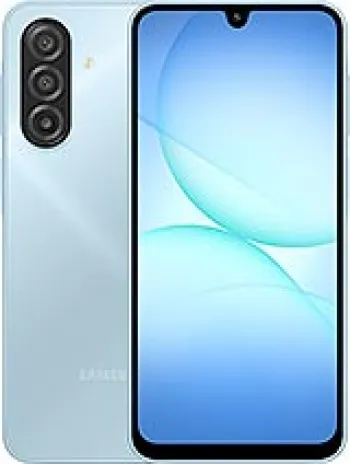
Network Technology
The Samsung SGH-800, launched in the early 2000s, operated on the GSM network, specifically GSM 900. At the time, GSM technology was a popular choice for mobile phones due to its vast coverage and the ability to switch between networks while roaming globally. However, it did not support GPRS or EDGE, meaning data transmission beyond regular voice calls and SMS was unavailable on this device.
Launch and Discontinuation
Introduced in 2000, the Samsung SGH-800 quickly became a symbol of mobile communication advancement. Despite its initial popularity, the rapid pace of technological development in mobile phones meant that the device was eventually discontinued as newer, more sophisticated phones entered the market. The lack of support for data services and more modern features contributed to the decision to discontinue the model.
Design and Body
The Samsung SGH-800 featured a compact and lightweight design, measuring 88 x 50 x 23.5 mm and weighing 104 grams with a slim battery. The phone utilized a Mini-SIM card and was designed to be portable and convenient for users. The body housing was typical of early mobile phones, using durable materials to withstand everyday usage.
Display Features
This device was equipped with a monochrome graphic display, capable of rendering a resolution of 128 x 64 pixels, displaying 8 lines. The screen was functional for basic operations such as reading messages or navigating through the menu, and although it lacked color, it provided enough contrast for visibility in various lighting conditions.
Memory and Storage
The Samsung SGH-800 did not include a card slot for expandable storage, reflecting the era's norms, where storage limitations were common. The phonebook could store up to 100 contacts, and it tracked 10 dialed, 10 received, and 10 missed calls, which was quite efficient for a phone of its generation.
Sound and Alerts
The sound system of the Samsung SGH-800 was quite basic, featuring only monophonic ringtones and the capability to vibrate for alerts. Notably, it didn’t provide a loudspeaker or a 3.5mm audio jack, setting it apart from later models which emphasized multimedia capabilities.
Communication Features
In terms of communication, the Samsung SGH-800 was limited to voice calls and SMS. It did not have support for wireless communications such as WLAN or Bluetooth, nor did it include positioning services or radio functionality. This limited its use primarily to text communication and voice, which was standard for phones during this period.
Additional Features
The Samsung SGH-800 offered an array of features typical for its time. It included essential utilities such as a clock and alarm. The phone also provided basic entertainment with a series of eight built-in games including Casino, Roulette, Black Jack, Racing, Sniper, Snake, Mole, and Othello. It supported 17 languages, making it versatile for a global user base. However, its lack of Java support meant no additional applications could be installed.
Battery and Power Management
The device housed a removable Li-Ion battery, available in both standard and slim options. The slim battery offered up to 40 hours of standby time and 1 hour 30 minutes of talk time, whereas the standard battery increased standby time to 70 hours and talk time to 3 hours. This capacity was modest, considering the phone’s limited energy-consuming capabilities.
Miscellaneous
The Samsung SGH-800 was offered in three different colors, providing some aesthetic choice to consumers. Despite being a feature phone by today’s standards, it captured the essence of early mobile innovation with its focus on core communication functions.
Conclusion
The Samsung SGH-800 stands as a testament to the pioneering era of mobile technology at the turn of the millennium. While it may not boast the features of today’s smartphones, its simplicity and reliability made it a valuable tool for communication during its time. As technology progressed, the SGH-800 paved the way for future advancements in mobile phone design and functionality.
Main Features of Samsung SGH-800
- Compact and lightweight design: 88 x 50 x 23.5 mm, 104 g
- Monochrome graphic display with 128 x 64 pixels resolution
- Supports GSM 900 network technology
- Mini-SIM card support
- Phonebook capacity up to 100 contacts
- Includes 8 built-in games: Casino, Roulette, Black Jack, Racing, Sniper, Snake, Mole, Othello
- Messaging via SMS
- Multilingual support: 17 languages
- Standard Li-Ion battery offering up to 70 hours standby time and 3 hours talk time
- Personalization with monophonic ringtones and vibration alerts
Disadvantages of Samsung SGH-800
- No GPRS or EDGE support for data transfer.
- Monochrome graphic display with limited resolution.
- No expandable memory card slot available.
- Limited phonebook capacity of only 100 contacts.
- No camera functionality.
- No loudspeaker; relies on vibration and monophonic ringtones.
- Does not support standard 3.5mm audio jack.
- Limited communication features; lacks WLAN, Bluetooth, and GPS.
- No built-in radio or USB support.
- Limited battery standby and talk time, especially with the slim battery.
- Device is discontinued and no longer supported.
View Also
More Phones
All Rights Reserved +14266 Phones © Mobilawy 2025

























